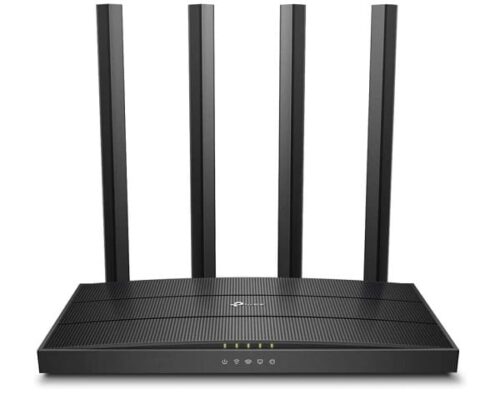If you’re looking to buy a router for your home, there are a few things to consider to ensure you get the best option for your needs. Here’s a guide to help you make an informed decision:
Wireless Standards:
The first thing to consider is the wireless standards that the router supports. The latest wireless standard is 802.11ax, also known as Wi-Fi 6, which offers faster speeds, improved reliability, and better connectivity. However, if your devices don’t support this standard, you may not see any benefit from it.
Speed:
The speed of a router is measured in Mbps (megabits per second) and determines how fast your internet connection will be. If you have a high-speed internet connection, you’ll want a router that can handle those speeds. Look for a router that offers at least 100 Mbps, but ideally, you should aim for 1 Gbps (gigabit per second) if your internet plan supports it.
Range:
The range of the router determines how far the Wi-Fi signal can reach. If you have a large home or multiple floors, you’ll want a router with a longer range to ensure that all areas of your home have a strong signal. Look for a router with a higher number of antennas and better coverage area.
Dual-band or Tri-band:
Routers can be either dual-band or tri-band. Dual-band routers operate on two frequency bands, 2.4 GHz and 5 GHz, while tri-band routers operate on three frequency bands, usually two 5 GHz bands and one 2.4 GHz band. Tri-band routers are better suited for larger homes with more devices as they offer faster speeds and less interference.
Security:
Security is an important consideration for any router purchase. Look for a router with strong security features like WPA3 encryption, automatic firmware updates, and parental controls. This will help protect your network from hackers and other online threats.
Brand Reputation:
Consider purchasing a router from a reputable brand, as they are more likely to offer quality products and reliable customer support. Some well-known brands in this category include Netgear, Asus, and TP-Link.
Price:
Of course, price is always a factor to consider. Determine your budget and look for routers that fit within it. Keep in mind that higher-priced routers may offer more features, better range, or faster speeds.
By taking these factors into consideration, you can find a router that meets your needs and fits within your budget. A good router can improve your internet experience, so choose wisely!







